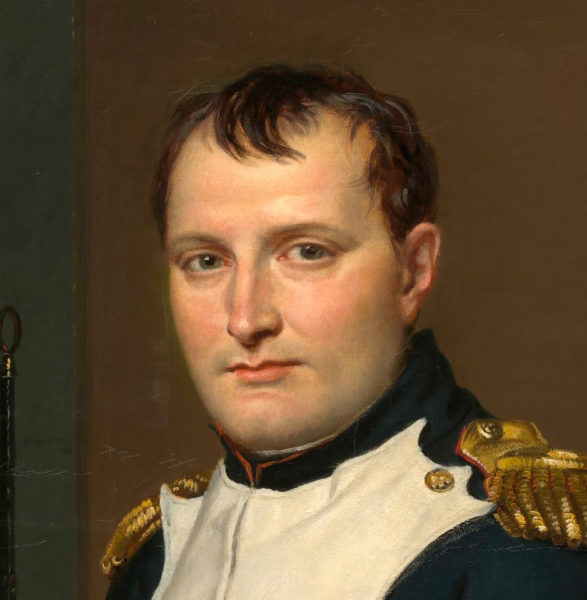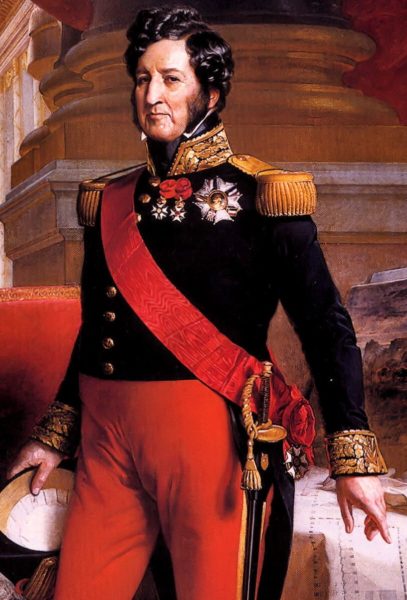
One of the things that France keeps a very low profile about is the fact that French aristocracy did not disappear with the French Revolution. Yes, it was thinned out by Madame Guillotine but enough of them survived so that more than 220 years later, the nobility population (la noblesse) is about the same as before the Revolution.
Contemporary Aristocracy
You don’t hear much about the contemporary nobility today. Many of the families can trace their origins to the Middle Ages. The de Vogues family dates back to the 12th-century and their forefathers were likely members of the king’s court. However, like most of la noblesse, the de Vogues family tries to not attract attention to their historical or hereditary status. Why?

France is a republic. In fact it’s on its Fifth Republic. Read More One of France’s Little Secrets

